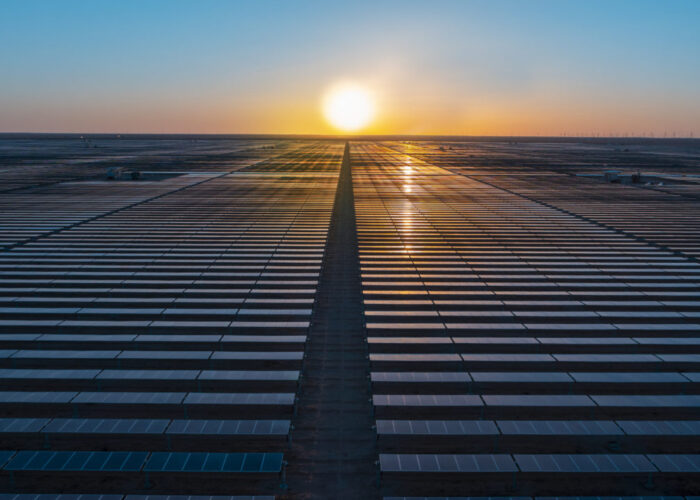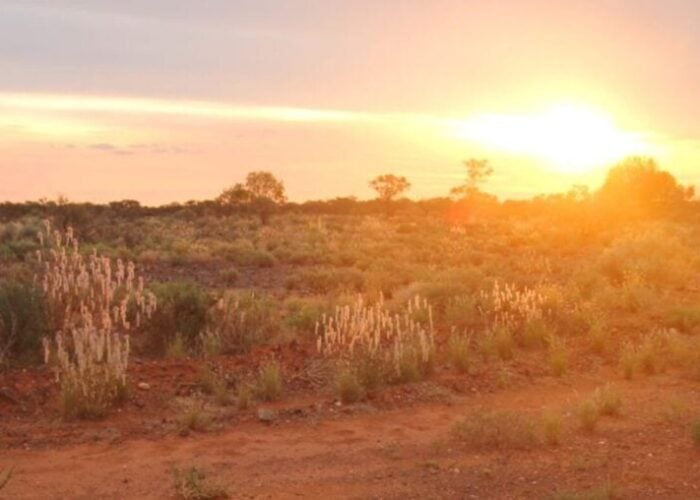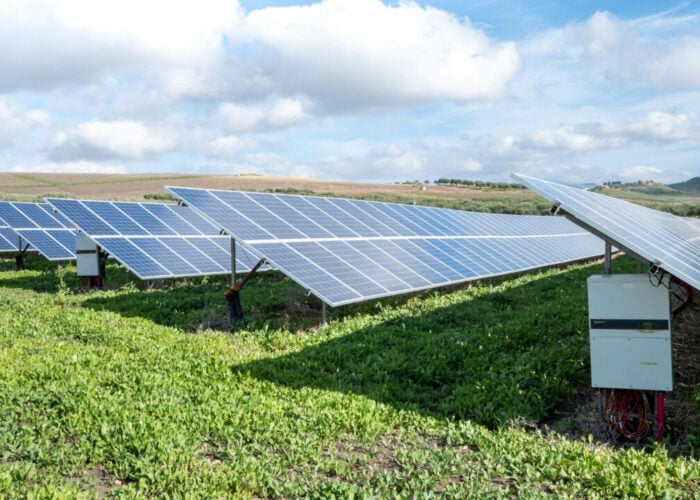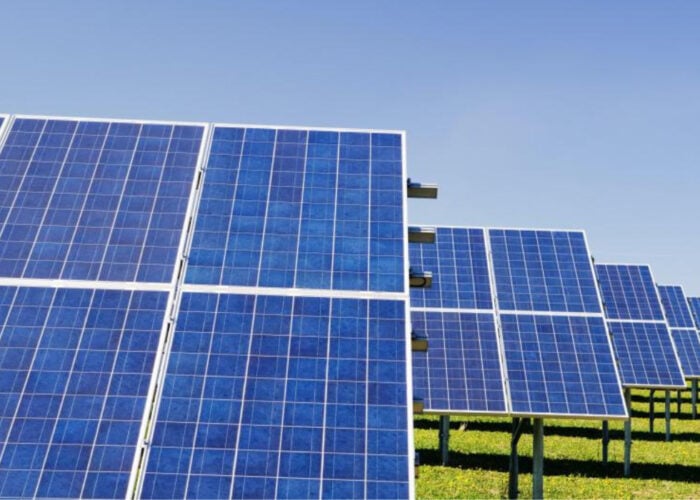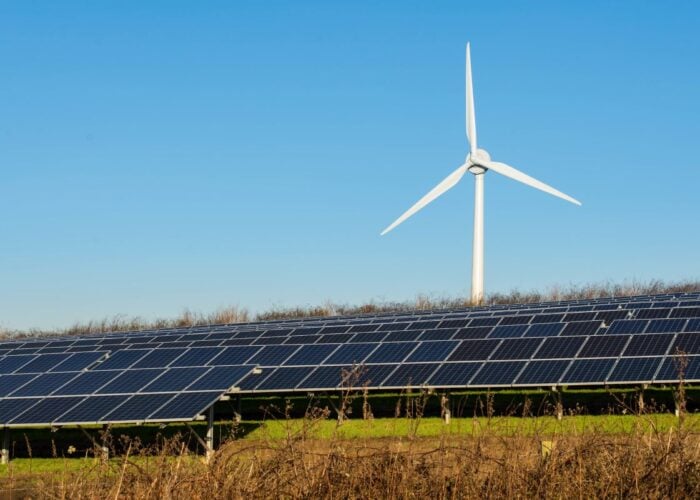The split between the two bodies that had jointly been working to realise the ambitious Desertec renewable energy vision was the culmination of a long-running dispute over the project’s strategy and governance, it has emerged.
Yesterday, the DESERTEC Foundation, the body that originally devised the concept to power Europe with renewable energy generated in North African and Middle Eastern Desert, revealed it was quitting the Desertec Industrial Initiative (Dii), a consortium set up to deliver the vision.
Unlock unlimited access for 12 whole months of distinctive global analysis
Photovoltaics International is now included.
- Regular insight and analysis of the industry’s biggest developments
- In-depth interviews with the industry’s leading figures
- Unlimited digital access to the PV Tech Power journal catalogue
- Unlimited digital access to the Photovoltaics International journal catalogue
- Access to more than 1,000 technical papers
- Discounts on Solar Media’s portfolio of events, in-person and virtual
Speaking to PV Tech, Thiemo Gropp, co-founder of the DESERTEC Foundation, said the foundation had had long-standing issues with the Dii’s governance.
“The governance issue is that here’s an entity that’s rather difficult to control and to manage and to come to clear decisions and to take decisions. And so if there’s a dispute it’s going to be difficult to solve this. And for about the last year there’s been a heavy dispute going on, and to solve this was difficult under this governance framework.”
Gropp would not disclose the exact nature of the dispute, but said it had been exacerbated by the two bodies’ disagreements over the strategy for the project. He said the foundation team had read a recent newspaper article quoting the Dii claiming that consortium’s strategy of exporting renewable energy generated in North African and Middle Eastern deserts to Europe via new power grid links had been downgraded.
“No one can say for definite which is the right strategy to move forward with. But we were quite unhappy to read in a newspaper a couple of weeks ago that the Desertec concept has changed and that the export option to Europe was cancelled, because we’d never said that and the concept hadn’t changed, and it wasn’t the duty of industrial shareholders to change the concept. So that’s why we decided to step back and why we have to pull out the name and concept to avoid further damage.”
Gropp said he was unsure what would happen to the Dii consortium as the foundation owns the Desertec name and concept.
“We are a small foundation, they are a huge consortium, so they can do a lot, and they can do it under a different name,” said Gropp.
“We’re not sure what will happen and what will be decided within Dii about how they clear up this situation. We would be happy if they move on and even more happy if they move on in the right direction, but I cannot predict what will happen.”
A spokesman for Dii said the consortium was “not happy” about the foundation’s departure from the partnership, but said it would “respect” the foundation's decision.
He insisted that ‘Desertec’ name was “not essential” to the work the consortium is doing and that the body would continue to use its registered name of ‘Dii’.
And he said the split would “not alter” Dii’s plans to harness the renewable energy potential of desert regions.
Meanwhile Gropp said he was “confident” the Desertec movement would survive the spat with Dii.
“This idea has been going on for last 25 years and the last 10 years under the Desertec name. So it will move on: its civil society-driven, it’s supported by many organisations around the globe, in Souteast Asia, in North Africa, in the Middle East and so on, so we’re confident this won’t stop it.
“But of course, yes, this is creating some turbulence and we would be happy if it went the other way. In general we’re not so pessimistic, but we are looking for other supporters; we have some more industrial supporters and supporters from other organisations from other areas. But of course we have to restart a few things. I would say the collaboration with Dii was 20-30% of what we do, so there’s a gap now of course.”
And he said the concept remained valid, despite some criticism in the run up to the split with Dii that the notion of importing renewable energy generated in the deserts of another continent was an outmoded one.
“We think or hope that the fate of Desertec will not be decided only in this most complicated region [Europe/MENA]. So there are places like Saudi Arabia that can move on basically in their own country, China, Australia, South Africa and Chile too.
“It’s technically feasible, it’s financially feasible; politically and regulatorily it’s quite challenging, but it’s possible. It’s not a question of can we do it or is it possible; it’s a question of whether we’re willing to do it. I don’t have the answer, but that’s our job and that’s what we’re working on.”

